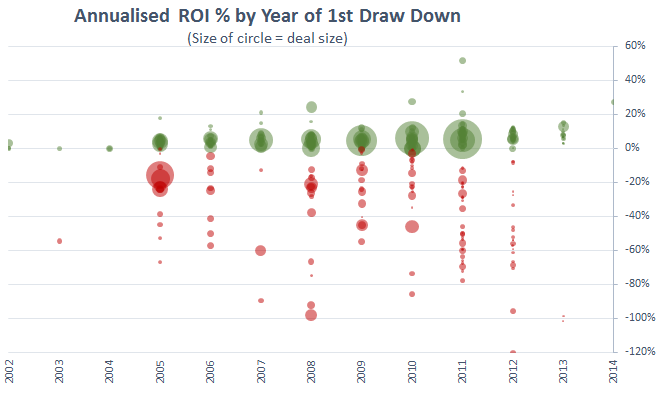Karl is the co-founder of EngagedX, which specialises in providing bespoke consultancy, thought leadership, advocacy and policy work. He works internationally across private, public and social sectors. He is an experienced entrepreneur, leader and executive.
He was previously Head of Research and Knowledge for the UNDP SDG Impact Finance initiative (UNSIF), where he led research to improve the analytical framework for social impact investing; was a member of Groupe d’Experts de la Commission sur l’Entrepreneuriat Social (GECES) appointed by the European Commission to advise on its Social Business Initiative; sits on the OECD expert group on social impact investing; Senior Fellow of the Finance Innovation Lab; Adviser to a select number of organisations.
Karl has been invited by civil society organisations, academia, governments and the media across Europe, Asia and USA to speak on social impact investing. He has guest lectured at the Universities of Oxford and Cambridge; advised HM Treasury on EU social investment regulations; was invited to submit evidence for alternative finance to the UK’s Parliamentary Commission on Banking Standards; been asked by the UK Cabinet Office to represent the UK on social investment at EU level; was invited by US Secretary of State to be a plenary panelist at the Global Impact Economy Forum in 2012.
In 2011, he co-authored ‘Making Good in Social Impact Investment: Opportunities in an Emerging Asset Class’.
Karl holds an MBA specialising in entrepreneurship and project management, writing his dissertation on data interoperability standards and collaboration principles in the building design industry. He started his career as an architect and project manager for multidisciplinary design teams, and development leader for public and private sector construction projects. Karl was the founding Chair of Friends of the Crystal Palace Subway, which is a community-led initiative to reopen a historic community asset to the public.







 More non-public capital must be attracted for this purpose via a better functioning social investment market, one that is integrated across Europe. For this reason, Euclid Network and FEBEA (Fédération Européenne de Finances et Banques Ethiques et Alternatives) assembled a task force of experienced European social investment practitioners to identify how the European Commission can most effectively use its limited financial resources for this purpose.
More non-public capital must be attracted for this purpose via a better functioning social investment market, one that is integrated across Europe. For this reason, Euclid Network and FEBEA (Fédération Européenne de Finances et Banques Ethiques et Alternatives) assembled a task force of experienced European social investment practitioners to identify how the European Commission can most effectively use its limited financial resources for this purpose.